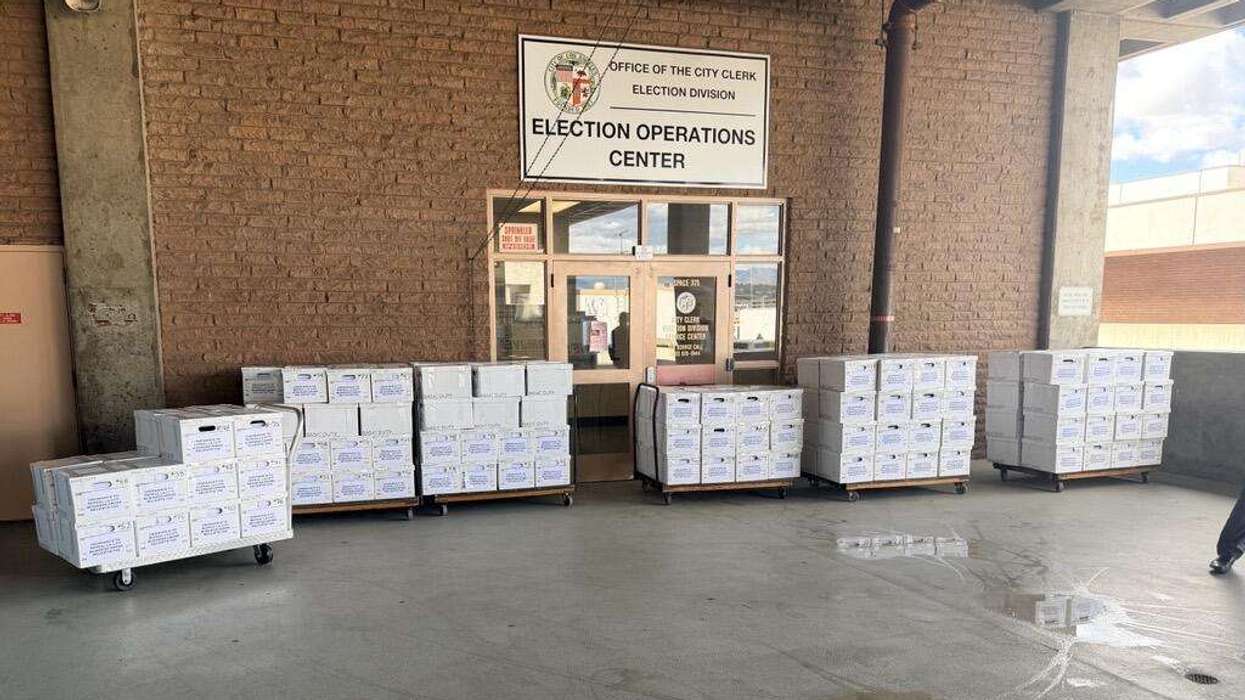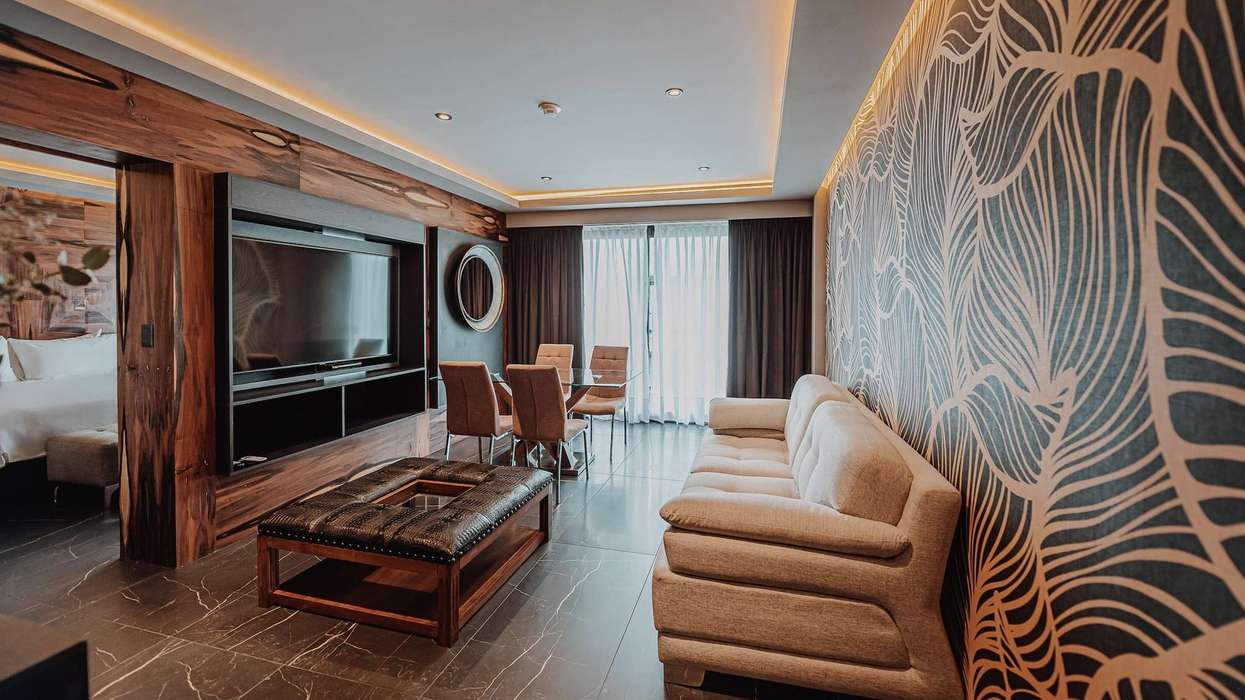HERSHA HOTELS AND Resorts has seen some success with its “Rest Assured” program implemented in response to the COVID-19 pandemic. The program includes stringent cleaning protocols, services and technology aimed at keeping guests and employees safe from the disease.
Rest Assured is part of the company’s EarthView sustainability program. It was launched in June as a five-point program covering most angles of operations in Hersha’s 135 hotels across the U.S.
“Since the launch of Rest Assured in June, our hotel teams have worked tirelessly to ensure that the program is adopted and implemented effectively across all of our hotels to provide a reliably safe and healthy environment for our guests,” said Jay Shah, Hersha’s CEO. “Associate education and training are at the forefront of our program along with proactive communication to guests of the comprehensive cleaning measures we have enacted to keep guests and our teams safe. These measures include an increase in the frequency of cleaning in all public areas, a focus on high-touch surfaces, the use of EPA-approved disinfectants, and the utilization of UV light technology and HEPA filtration,”
Shah said guest feedback on the program has been very positive.
“Feedback from guests has been overwhelmingly positive,” he said. “Ninety days since implementation, survey results indicate that 91 percent of the 1,000 guests surveyed feel confident staying with us given our commitment to safety through the Rest Assured program.”
Highlights of the Rest Assured implementation include:
- The survey indicates that 88 percent of respondents think social distancing practices are important and 71 percent of respondents expect hotels to provide some form of personal protective equipment.
- Safety processes put in place include plexiglass partitions at the front desks as well as floor decals and signage throughout Hersha’a hotels reminding guests and employees to be mindful of social distancing.
- Free-standing sanitizer stations have been set up throughout the company’s hotels.
- At some hotels, guests are provided Rest Assured wellness and PPE kits at check-in. Kits contain hand sanitizer, a pack of sanitizer wipes, and a reusable facemask.
- Nearly 85 percent of survey respondents are comfortable with dining in Hersha hotels’ open restaurants with safe distancing practices in place.
- Layouts and protocols at the company’s reopening hotel restaurants are aligned with best practices to help ensure the health and safety of our guests and associates.
- In-room dining programs have begun and technologies have been installed to allow guests to place orders using their personal devices from anywhere in the hotel and make contactless payment utilizing QR codes. Orders are developed through a contactless drop-off service.
“Our hotel teams have undergone extensive training pertaining to health, safety, and cleaning measures and have been instrumental in the overall success of our program,” Shah said. “We encourage guests to inquire with our associates about the Rest Assured program so we can answer any questions, address any concerns, and garner feedback to continually enhance their stay.”





